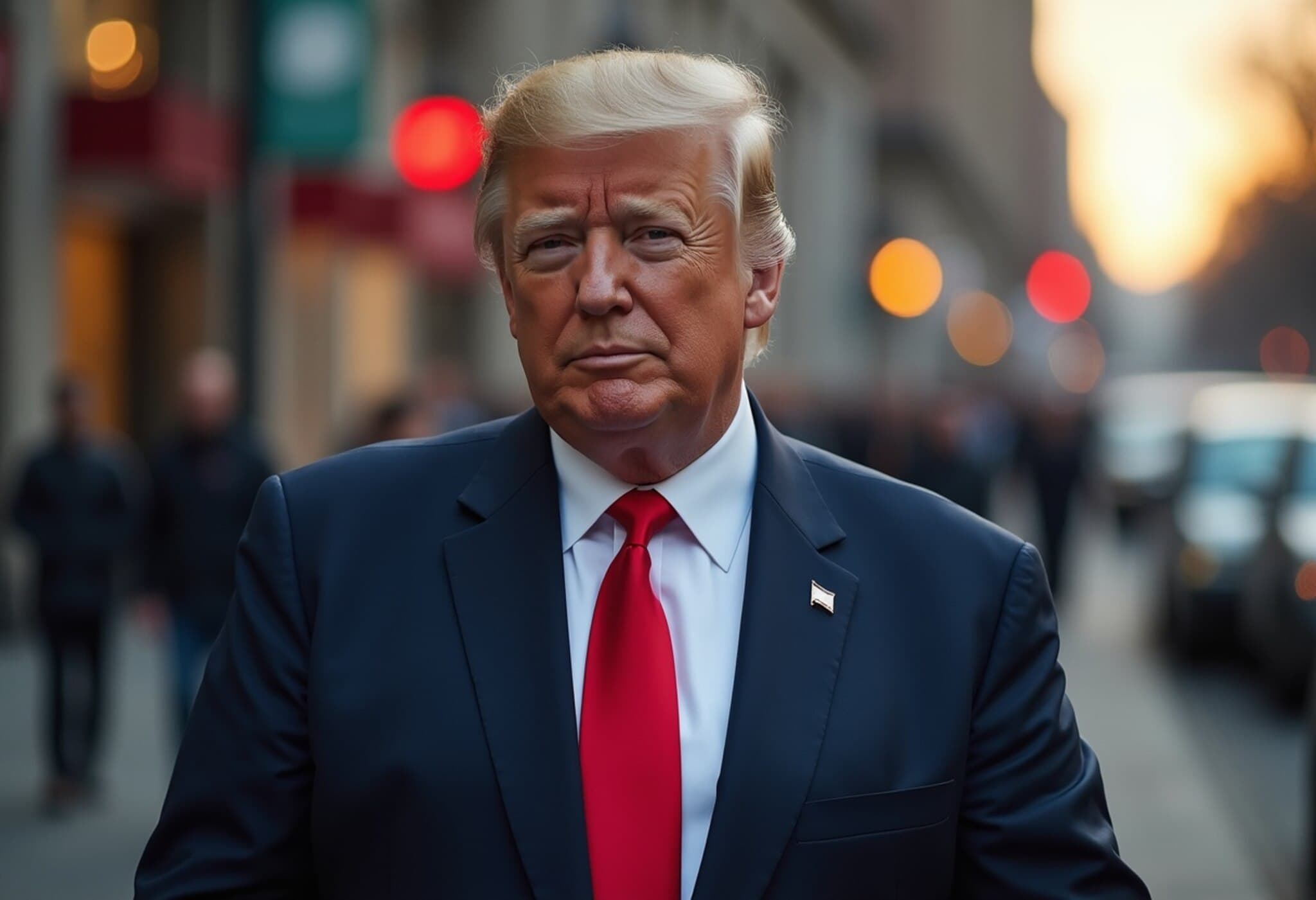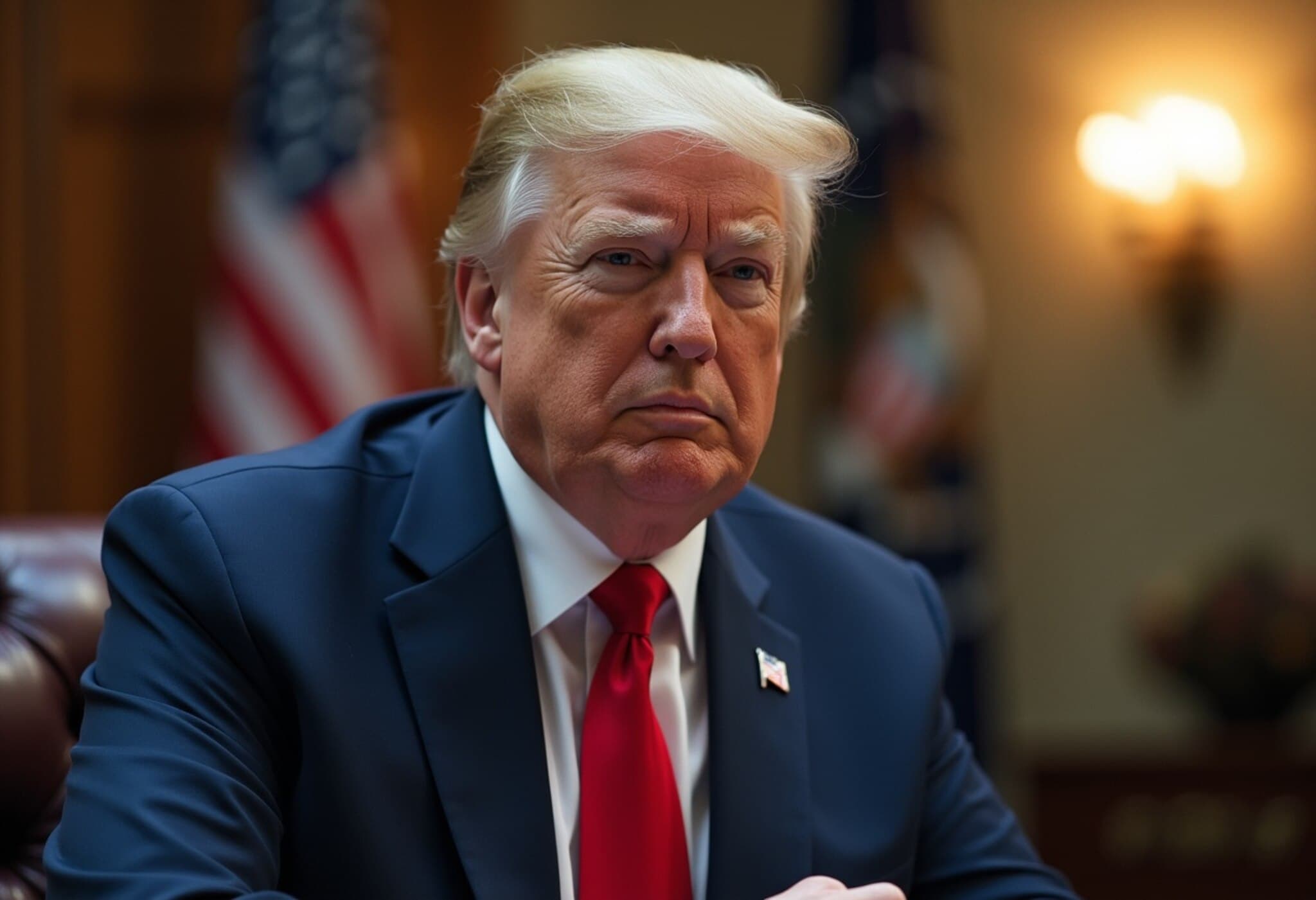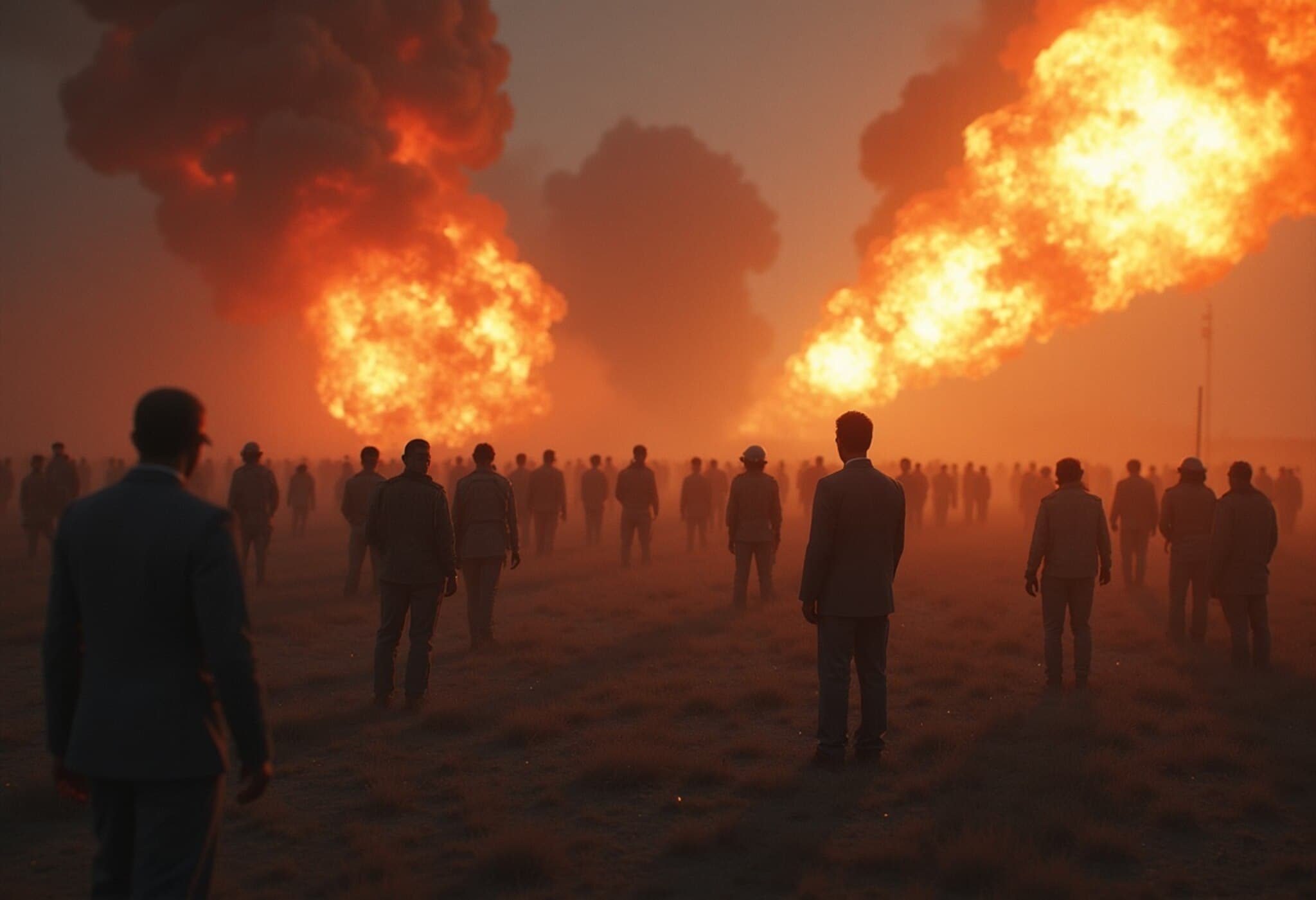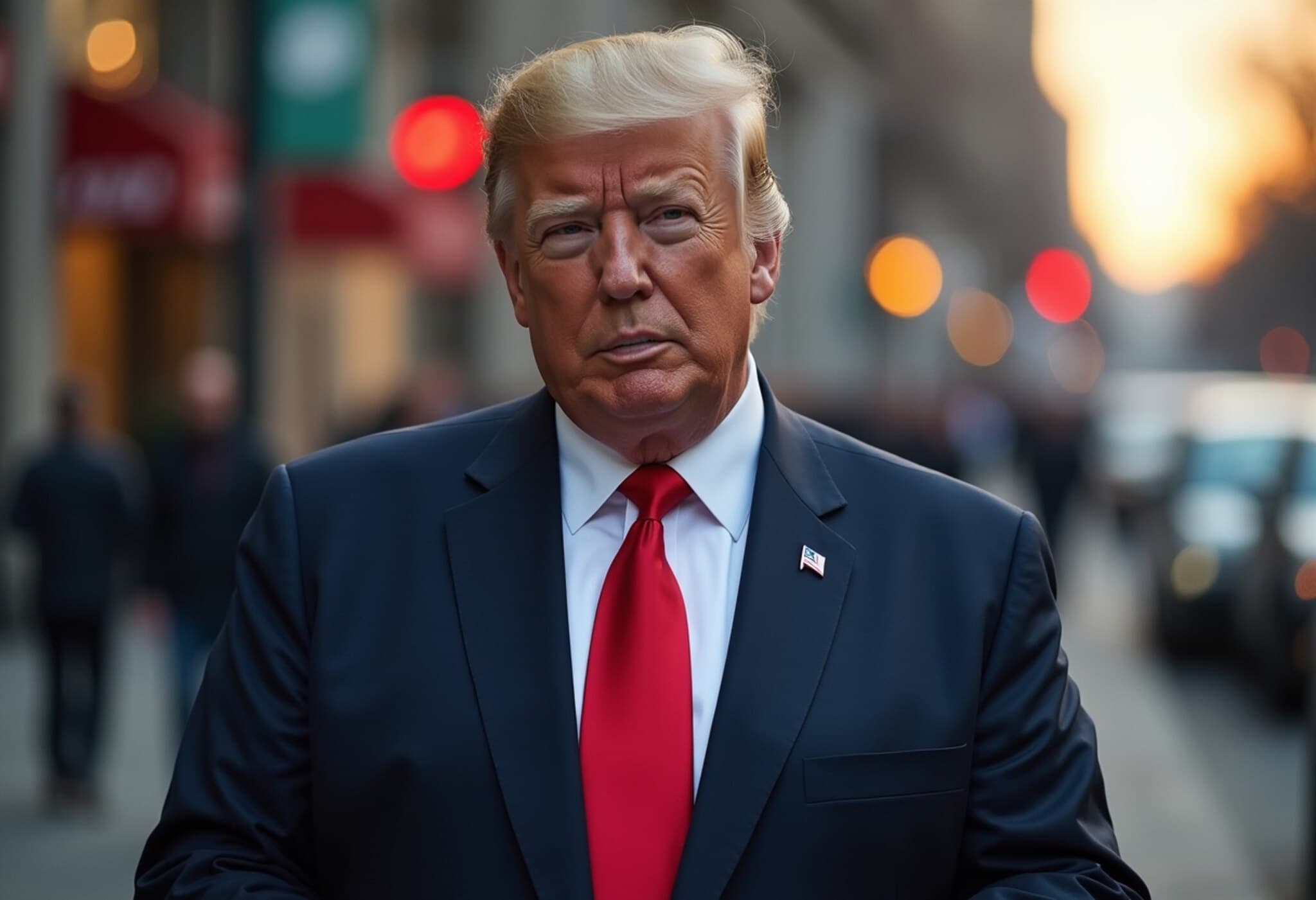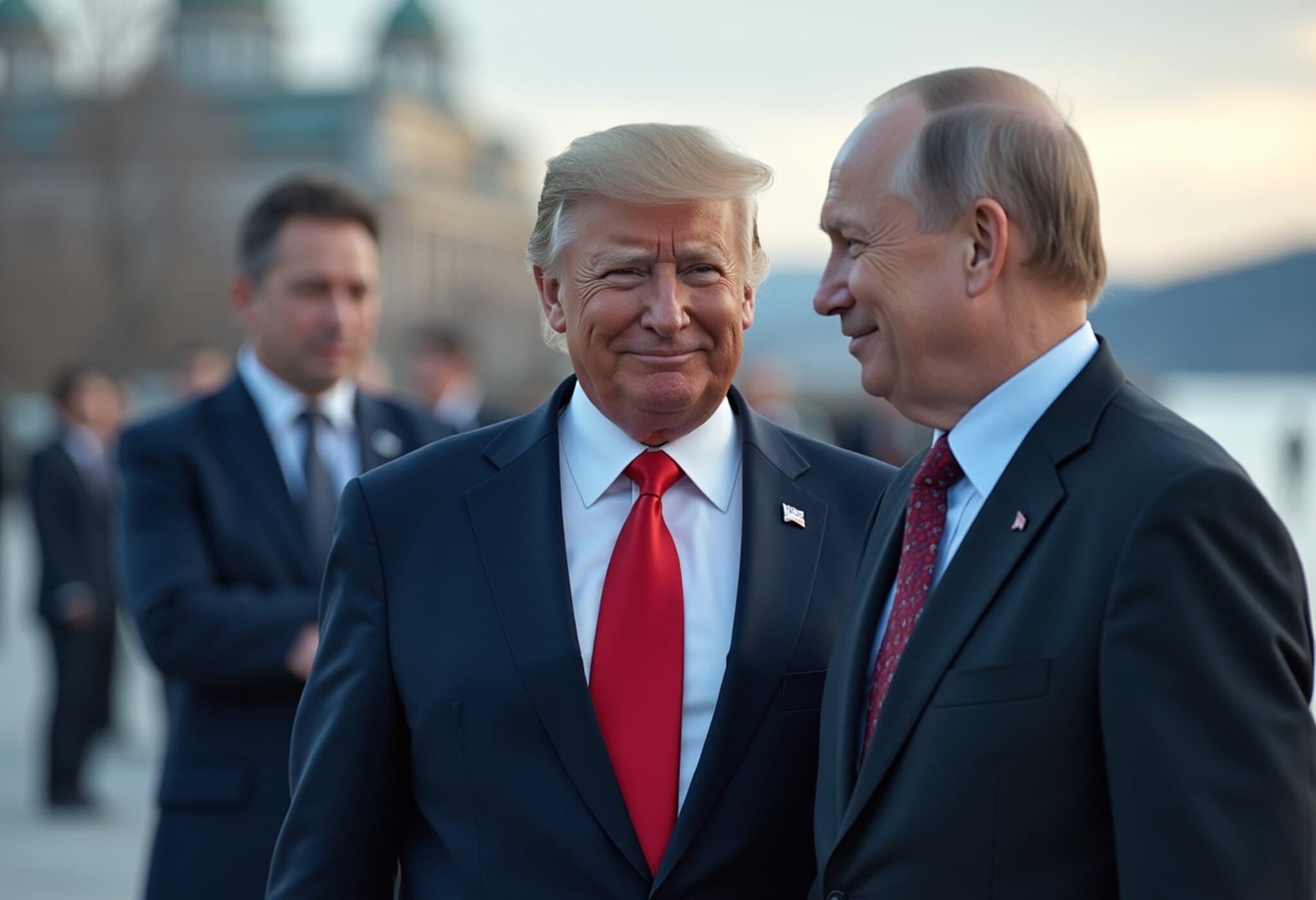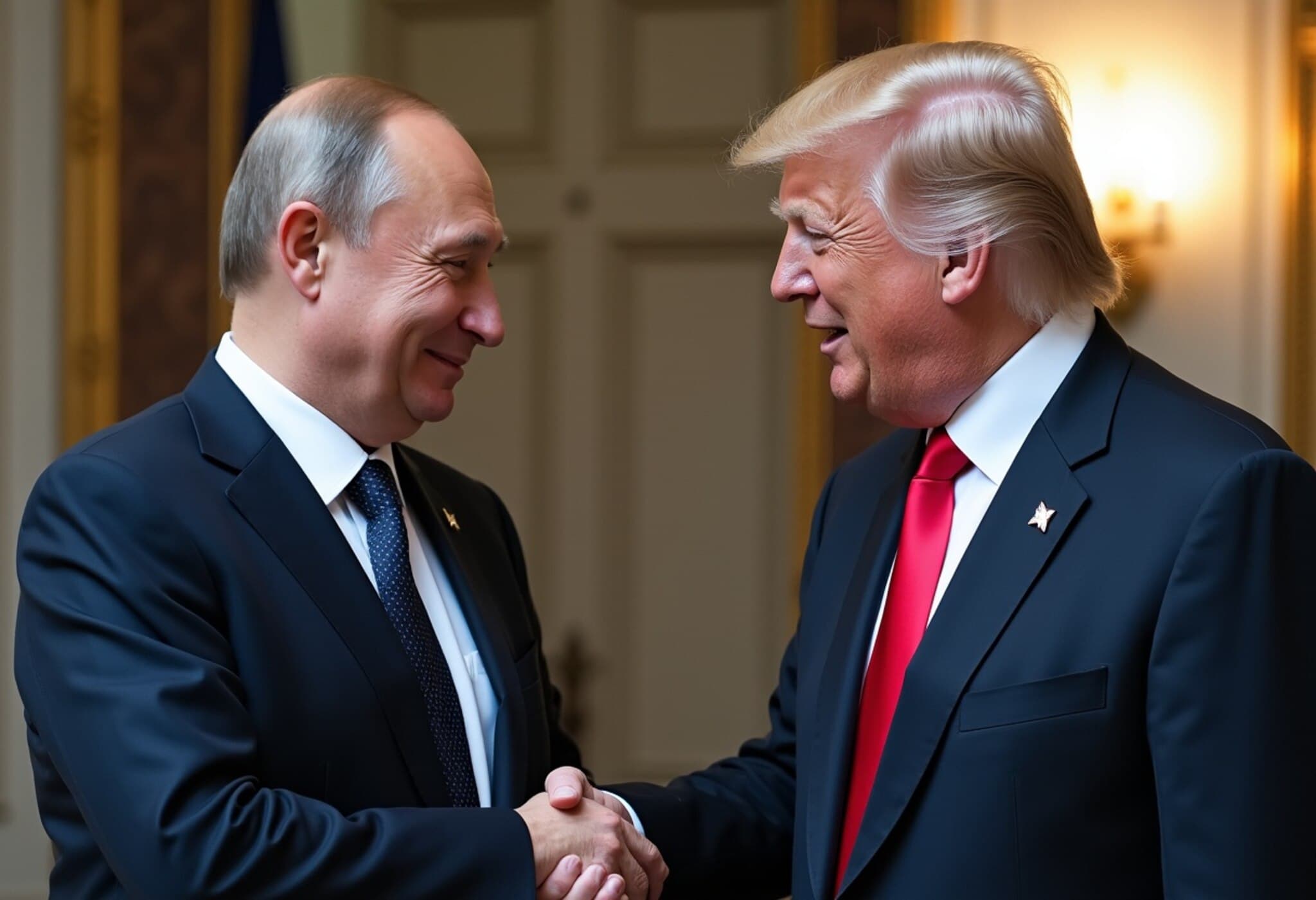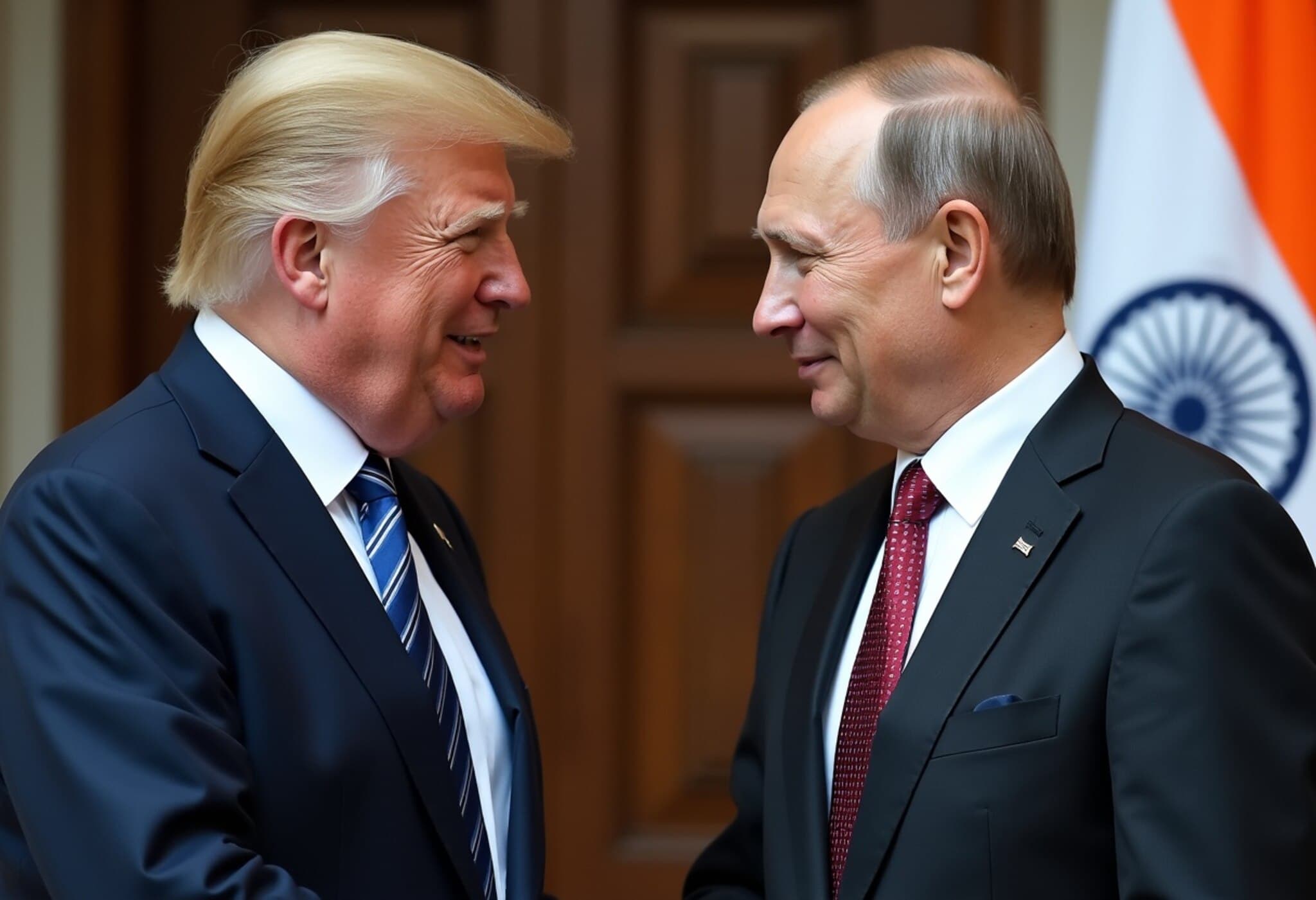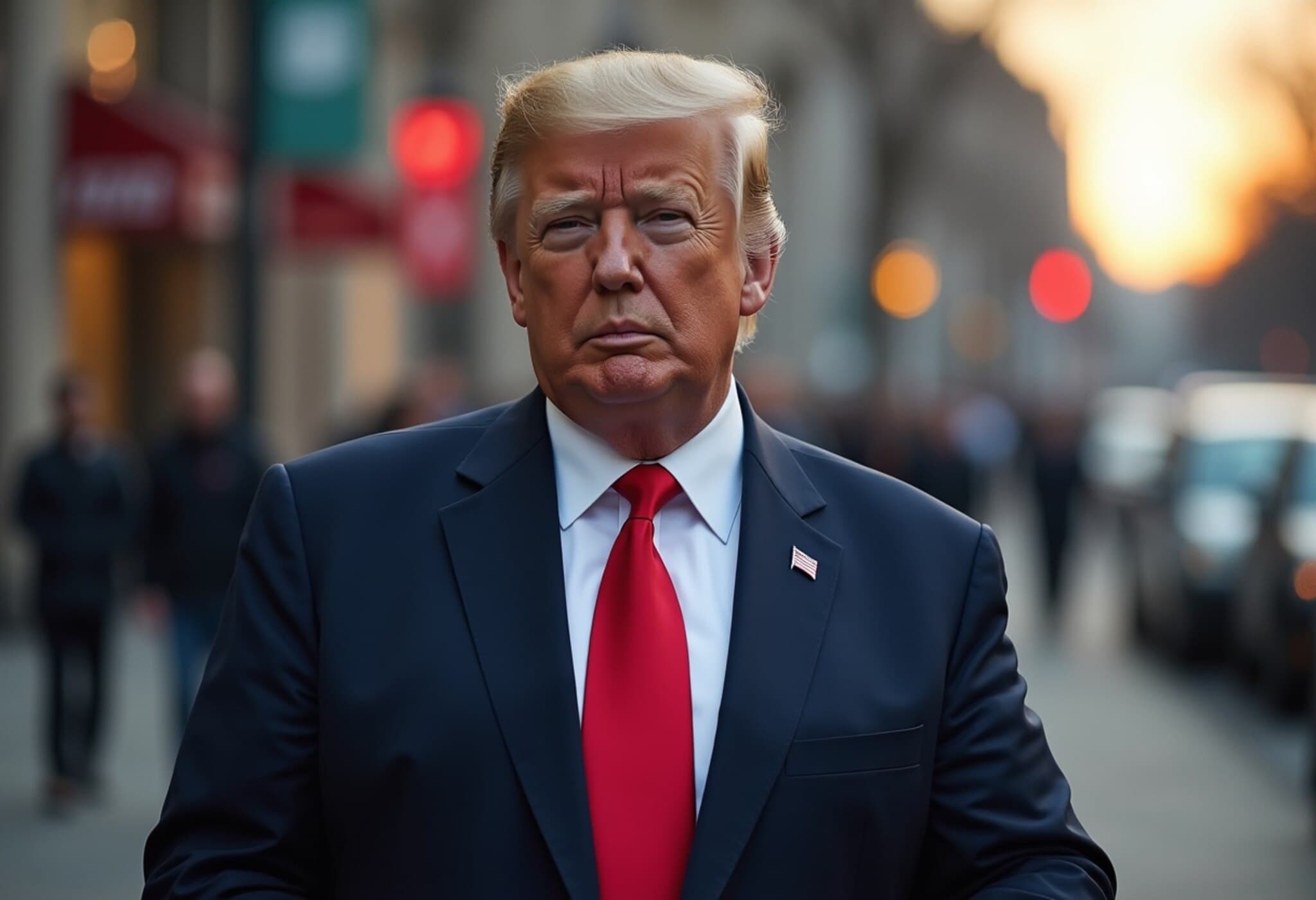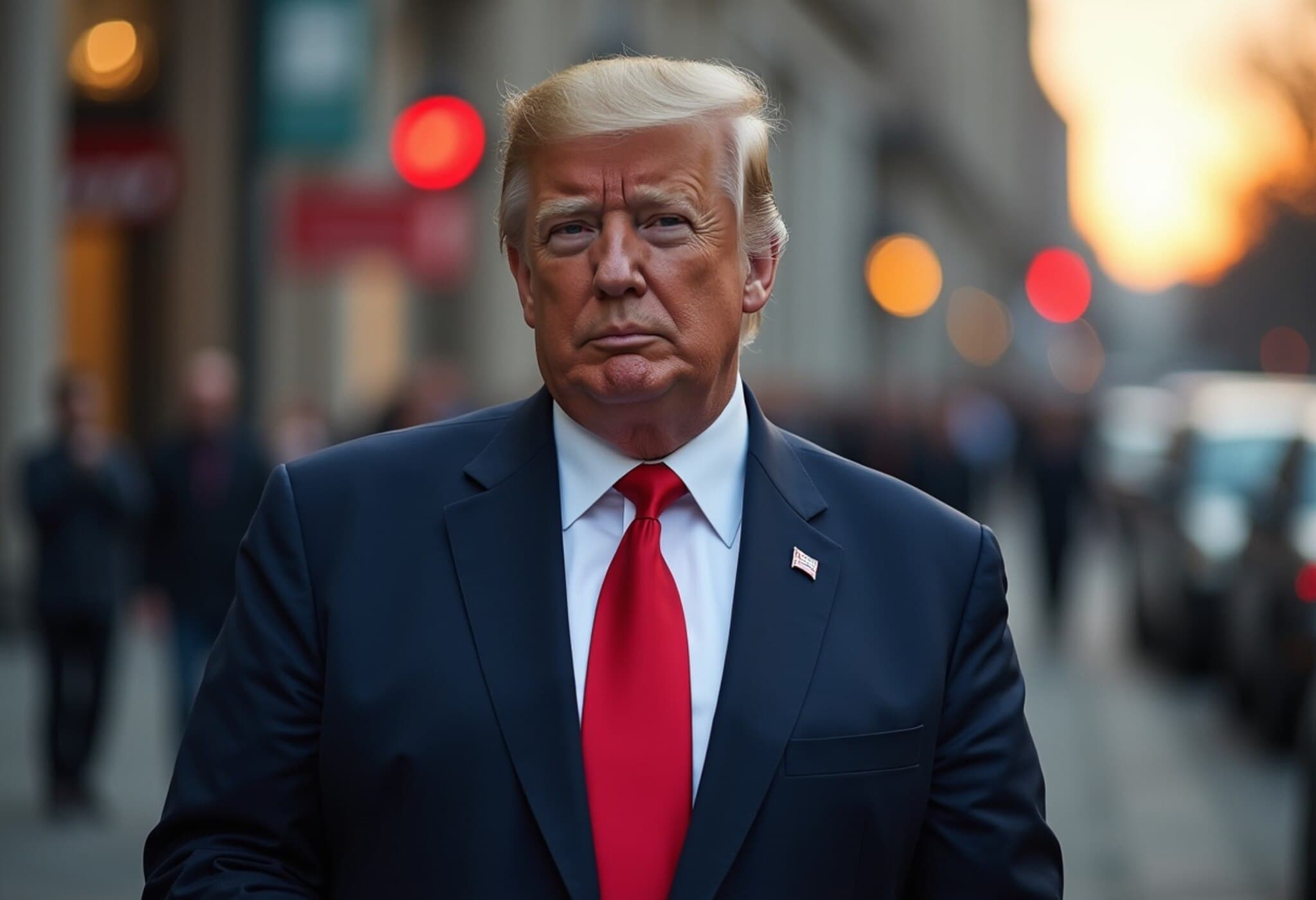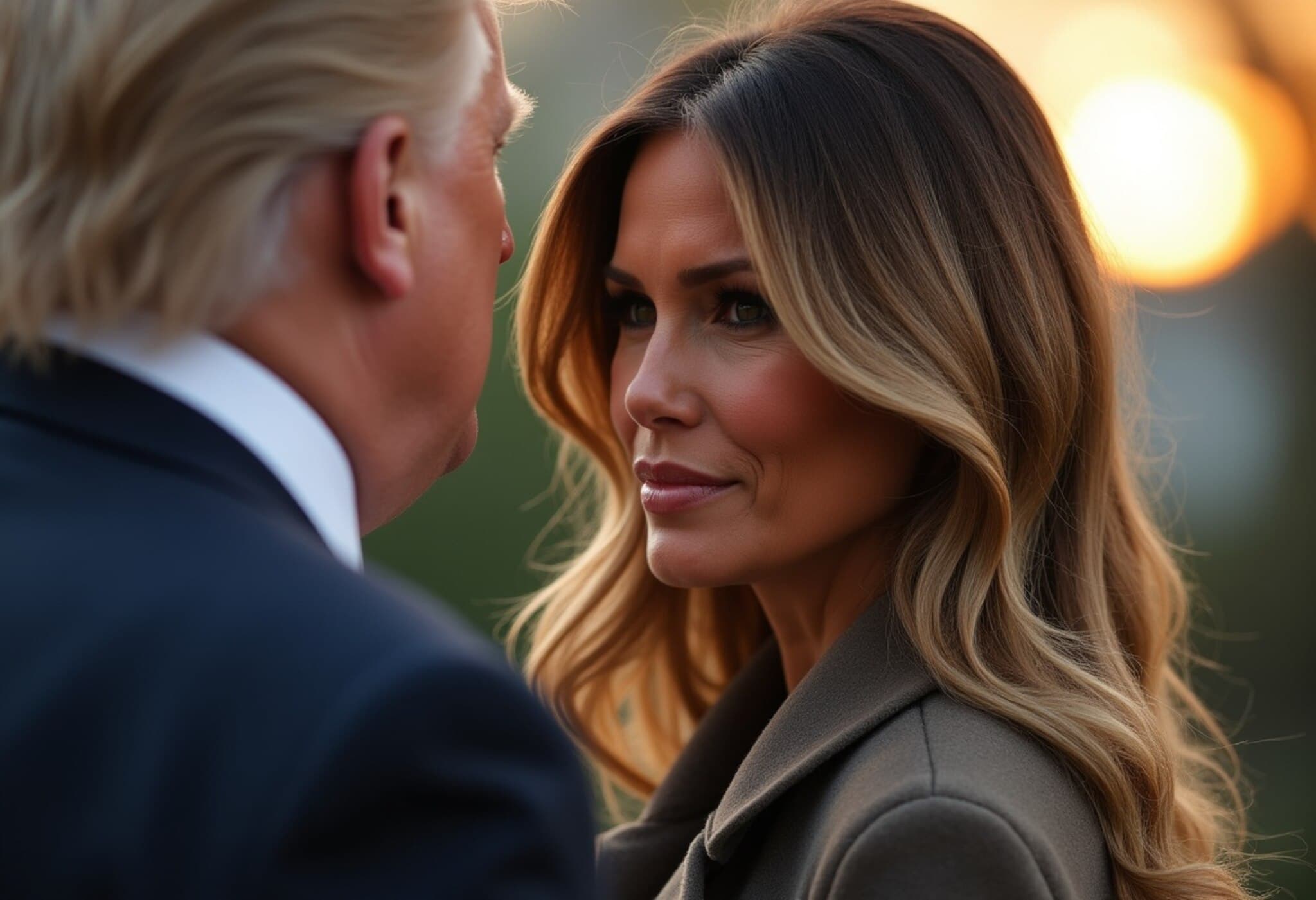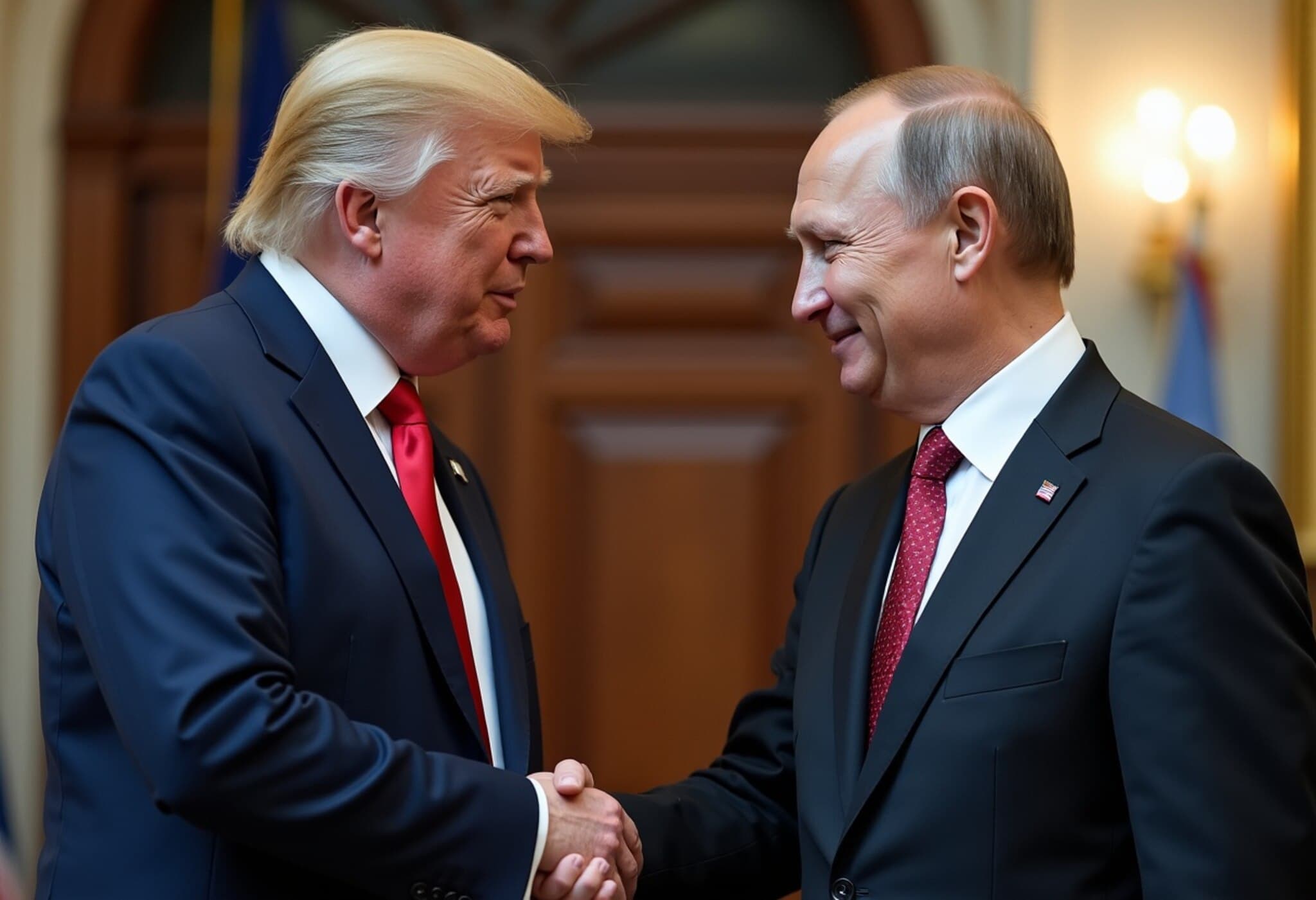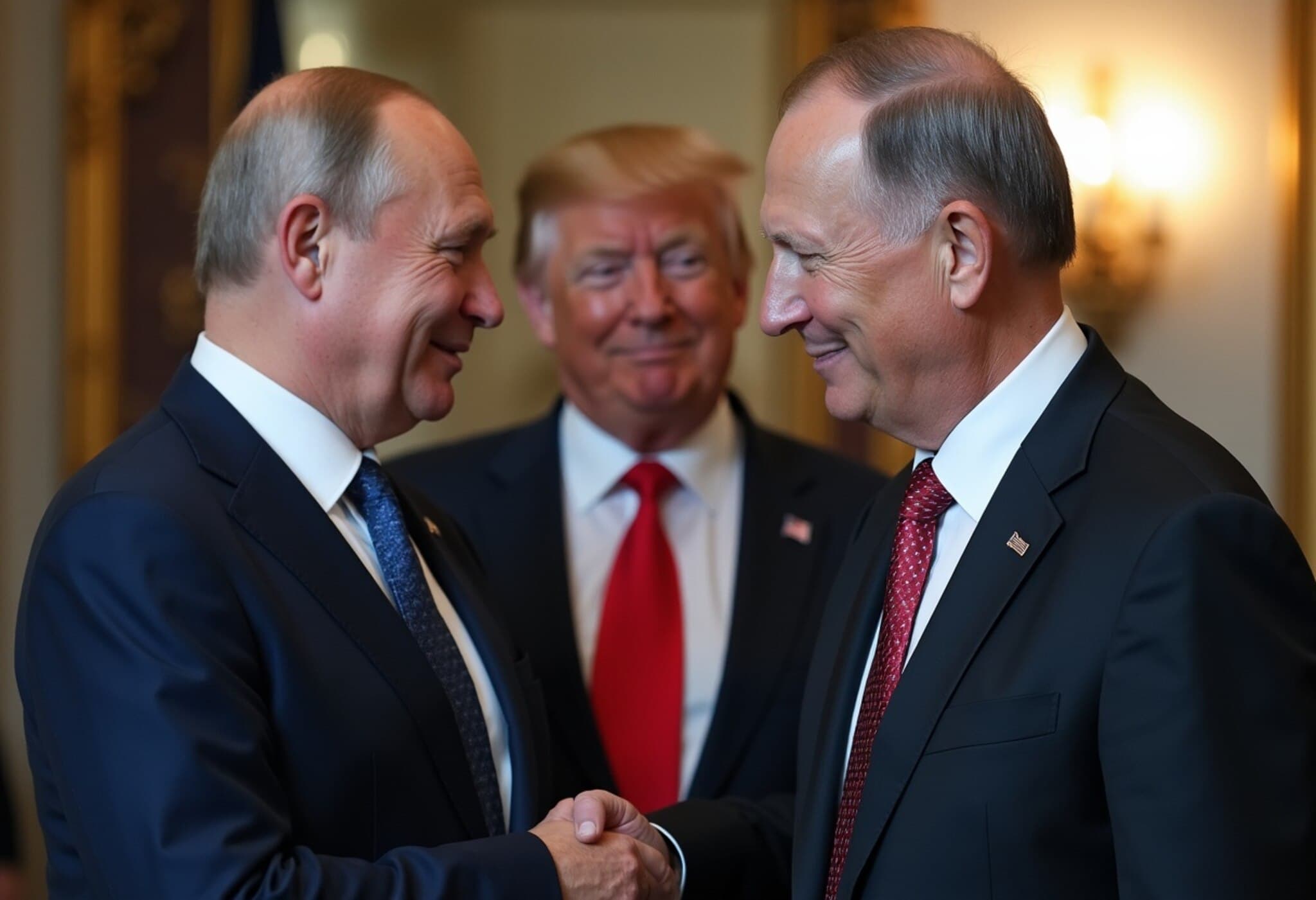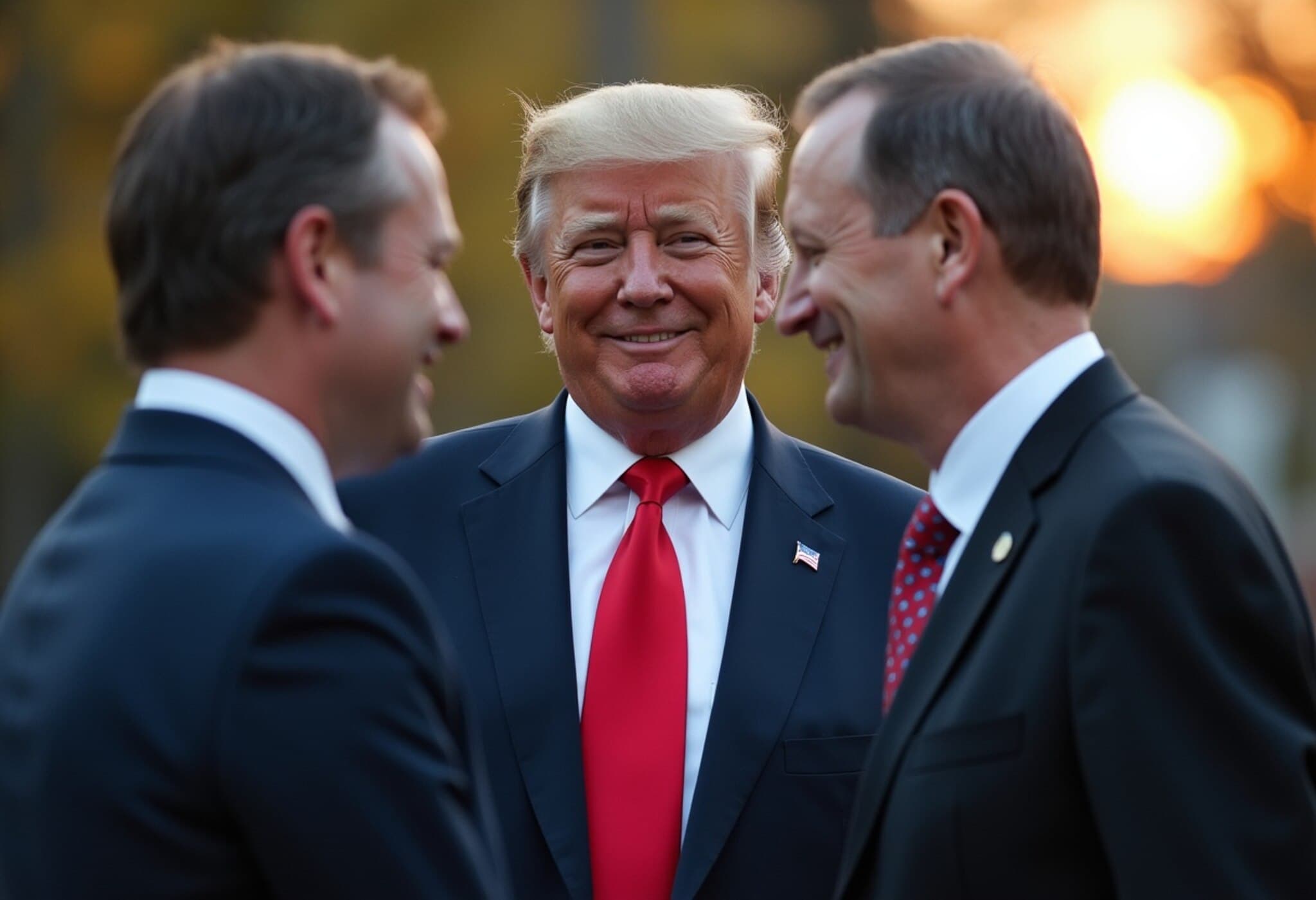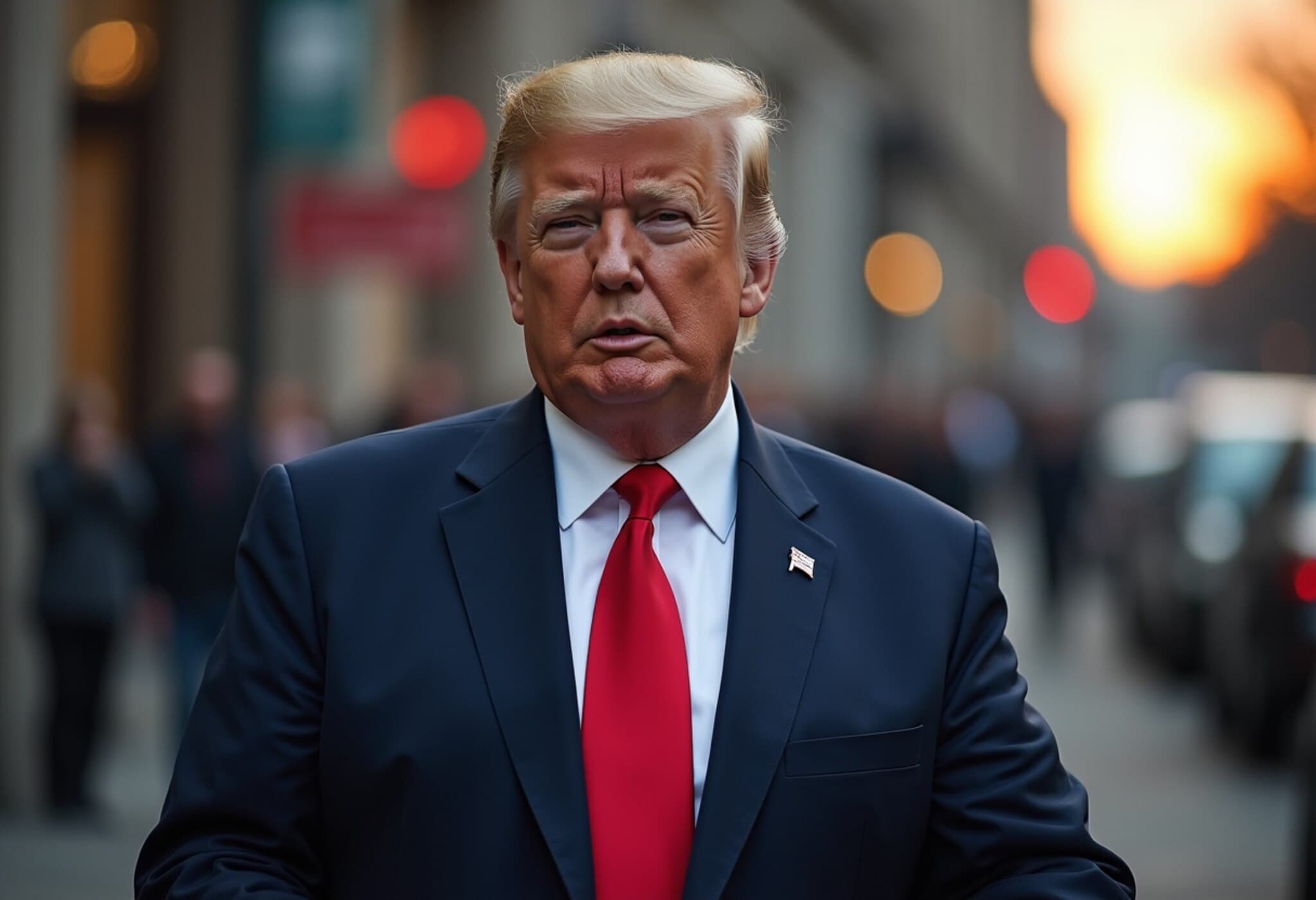Trump Issues Stark 50-Day Ultimatum to Russia Amid Ukraine Conflict
In a striking move that highlights the intersection of trade and geopolitics, former U.S. President Donald Trump has threatened to impose 100% tariffs on Russian goods if a resolution to the ongoing war in Ukraine is not achieved within 50 days. Delivering this warning from the White House during a meeting with NATO Secretary General Mark Rutte, Trump emphasized the use of trade policy as a powerful negotiating tool.
Trade as a Weapon for Peace?
“We’re going to be doing very severe tariffs if we don’t have a deal in 50 days,” Trump said, underscoring his belief that economic pressure can serve as a catalyst for conflict resolution. He explained, “I use trade for a lot of things, but it's great for settling wars.” This approach signals a potential shift toward hardline economic sanctions aimed at forcing Russia to negotiate an end to the conflict that has now spanned over three years.
Details of the Tariff Plan
Trump made it clear that the tariffs would not be limited to primary sanctions but would extend to secondary tariffs—targeting entities and countries that continue to do business with Russia. “If we don't have a deal in 50 days, it's very simple. And they'll be at 100 percent, and that's the way it is,” he stated decisively to reporters, leaving no room for ambiguity about the severity of the economic measures looming on the horizon.
Diplomatic Efforts Continue on the Ground
Simultaneously, Trump’s special envoy to Ukraine and Russia arrived in Kyiv on Monday and met with Ukrainian President Volodymyr Zelenskyy. This visit underscores the administration’s dual approach — combining diplomacy with the threat of intensified economic pressure. Such engagement could signal a recalibration of U.S. strategy aimed at leveraging both negotiations and sanctions to bring about a resolution to the conflict.
Understanding the High Stakes
The Ukraine war has drawn global attention, with devastating humanitarian consequences and far-reaching geopolitical ramifications. The prospect of imposing 100% tariffs on Russian imports would significantly impact Russia’s economy but also poses complex risks for the global supply chain and international markets. Experts warn that aggressive secondary tariffs could strain U.S. relations with third-party countries and businesses involved with Russia, potentially complicating diplomatic alliances and economic partnerships.
Expert Perspective
From a policy analyst viewpoint, Trump's ultimatum represents a calculated gamble rooted in economic coercion. Historically, tariffs have been double-edged swords — effective in compelling change but often triggering retaliatory measures. According to trade experts and international relations specialists, such a tariff strategy must be carefully balanced with diplomatic efforts to avoid unintended escalation.
What Lies Ahead?
- Will Russia respond to the ultimatum? The next 50 days will test Moscow's willingness to negotiate under the threat of substantial economic penalties.
- How will global allies react? Coordination with NATO and other partners is critical to enforcing secondary tariffs without fracturing international coalitions.
- What impact on global markets? Sharp tariff hikes could ripple through energy prices and supply chains, affecting economies worldwide.
Editor’s Note
Trump’s proclamation of a harsh tariff regime as a diplomatic lever in the Ukraine crisis invites a deeper examination of how economic tools intersect with international security imperatives. While economic sanctions remain a key instrument in the U.S. foreign policy toolkit, balancing their effectiveness against potential fallout will define the next chapter of this complex conflict. As the clock ticks down on the 50-day ultimatum, observers should monitor not only the geopolitical repercussions but also the domestic economic and diplomatic responses shaping the broader outcome.

